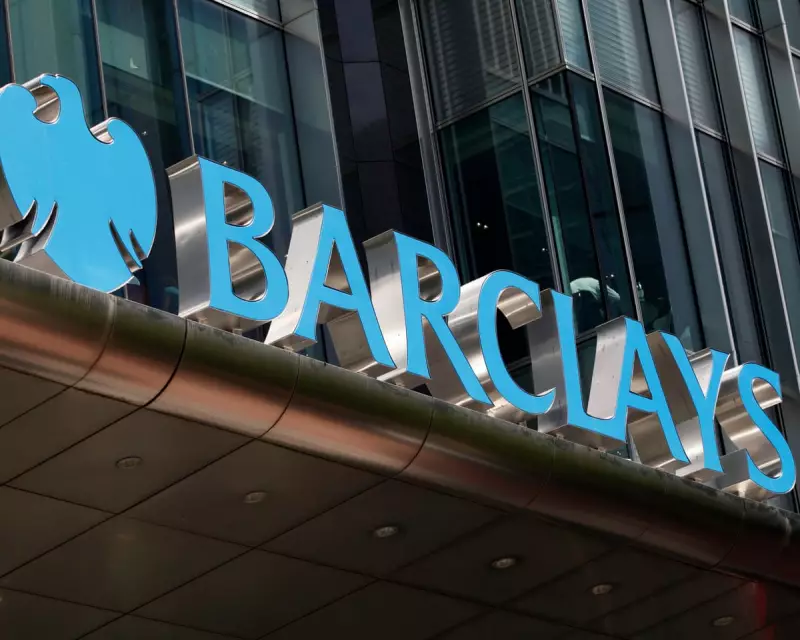
In a surprising move, Barclays and HSBC have announced their withdrawal from the Net Zero Banking Alliance (NZBA), a global coalition of banks committed to achieving net-zero carbon emissions by 2050. The decision has sparked debate over the banking sector's dedication to environmental goals.
Why Are Barclays and HSBC Leaving?
The two banking giants cited "strategic differences" as the primary reason for their exit. While neither provided detailed explanations, industry analysts speculate that increasing regulatory pressures and financial risks associated with green investments may have influenced their decision.
Impact on the Net Zero Banking Alliance
The NZBA, part of the Glasgow Financial Alliance for Net Zero (GFANZ), has been a key player in aligning the financial sector with climate targets. The departure of Barclays and HSBC—two of the UK's largest financial institutions—raises questions about the alliance's influence and the broader commitment of major banks to sustainability.
Industry Reactions
Environmental groups have criticised the move, calling it a "step backward" for climate action. Meanwhile, some investors argue that banks must balance sustainability with profitability, especially in a challenging economic climate.
What’s Next for Green Banking?
With Barclays and HSBC no longer part of the NZBA, attention now turns to whether other banks will follow suit. The development also puts pressure on regulators to enforce stricter climate-related financial disclosures to ensure transparency in the banking sector.





